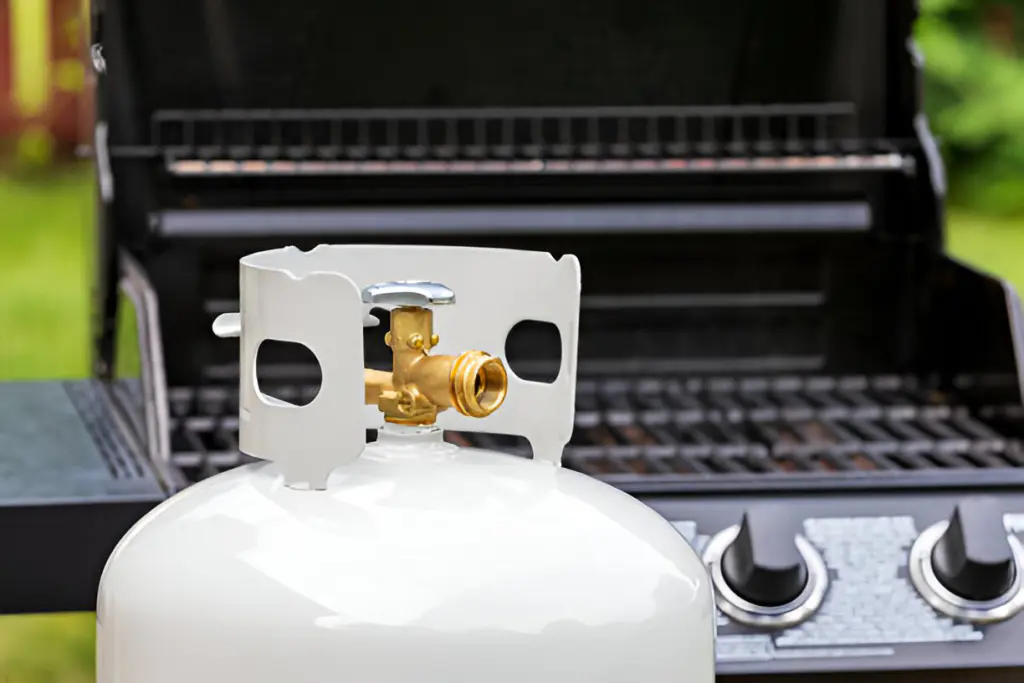Just by coincidence, I was reviewing the costs of maintaining my rental properties and was struck by the varying prices for a Gas Safety Certificate. As a property manager, I’m aware that this certification is a legal requirement for ensuring tenant safety, and the costs can range anywhere from £60 to £100.
But what exactly determines this cost variation? It seems to be influenced by factors like location, number of appliances, and the rates of the Gas Safe registered engineer. Non-compliance isn’t an option due to severe legal and financial repercussions.

Intrigued? There’s more to unravel about this essential yet often overlooked aspect of property management.
Factors Affecting Certificate Costs
The cost of obtaining a gas safety certificate can be influenced by several key factors, such as the number and type of gas appliances. The greater the number and complexity of gas appliances, the higher the cost. The property’s location is another important factor; urban areas often cost more. The type of property owned also impacts the cost, with commercial properties typically costing more than residential ones. The expertise and accreditation of engineers play a crucial role in determining the price. Finally, any additional services required, such as repairing faulty appliances, will understandably increase the cost.
These factors interact to determine the overall cost of obtaining a gas safety certificate.
Detailed Cost Breakdown
Building on the factors that influence the cost, let’s now break down the specific expenses associated with obtaining a Gas Safety Certificate.
The base cost for a single gas appliance check usually ranges from £60 to £100. This includes the engineer’s inspection and certification fee. However, if you have additional gas appliances, each extra item can cost around £10 to £20.
Moreover, prices can vary depending on your location, with areas in high demand often charging more. If repairs are needed, they’re separate costs, and will depend on the complexity of the work.
It’s also crucial to note that certificate renewal isn’t automatic – you’ll need a new inspection annually, incurring the same costs.
Legal Implications of Non-Compliance
Failing to comply with the Gas Safety Regulations 1998 can lead to severe legal implications for landlords. If you’re found guilty of non-compliance, you may be subjected to hefty fines, or worse, imprisonment. It’s not a matter to be taken lightly.
The Health and Safety Executive (HSE) is stern regarding these regulations and won’t hesitate to prosecute if you’re found in violation. The exact penalties vary, but fines can reach £20,000 or six months imprisonment per offence. In some severe cases, it can be unlimited!
It’s also crucial to remember that if a tenant suffers injury due to your negligence, you could potentially face personal injury claims. Don’t risk it; compliance isn’t just a legal requirement, it’s a moral one too.
Landlord’s Responsibilities and Costs
How much does it cost you, as a landlord, to ensure your property complies with all gas safety regulations?
Well, it’s not just about the financial cost. As a landlord, you’re legally obligated to provide a safe environment for your tenants. This includes maintaining gas appliances and ensuring regular safety checks are carried out by a Gas Safe registered engineer.

The costs can vary, typically ranging from £60 to £100 per inspection, depending on factors such as location, property type, and number of gas appliances. Additional charges may apply if extra appliances are inspected. Failure to comply can result in legal and financial penalties.
Therefore, understanding these responsibilities and costs is crucial for legal compliance and tenant safety.
Benefits of Professional Services
Enlisting professional services for gas safety checks offers several advantages. This includes compliance with regulations, access to energy-efficient solutions, and integration of modern technology. By hiring a specialist, you’re ensuring that your property adheres to the Gas Safety (Installation and Use) Regulations 1998, avoiding legal penalties.
Professionals also have the knowledge to optimize your gas appliances for maximum efficiency, reducing energy consumption and bills. Furthermore, they’re equipped with the latest diagnostic tools that can accurately detect any gas leaks or faults, ensuring a thorough inspection. They can issue a Gas Safety Certificate promptly, saving you time and hassle.
Therefore, though it may seem like an added expense, the benefits of professional services far outweigh the costs.
Frequently Asked Questions
How Long Does a Gas Safety Certificate Inspection Usually Take?
Typically, a gas safety certificate inspection takes between 30 to 60 minutes. However, it can vary based on factors like the number of appliances and the complexity of the property’s gas system.
What Are the Specific Roles and Responsibilities of a Gas Safe Registered Engineer?
As a gas safe registered engineer, I’m responsible for inspecting and maintaining gas appliances, ensuring they’re safe. I also issue Gas Safety Certificates, providing legal proof that all checks were conducted and meet standards.
If a Property Fails the Gas Safety Inspection, What Would Be the Immediate Next Steps?
If my property fails the gas safety inspection, I’ll immediately schedule repairs with a Gas Safe registered engineer. It’s crucial to rectify any issues promptly to ensure the property’s safety and comply with regulations.
Are There Any Seasonal Factors or Times of the Year That Could Influence the Cost of Obtaining a Gas Safety Certificate?
I’m not aware of any seasonal factors that directly influence the cost of a gas safety certificate. Generally, prices remain consistent throughout the year, unless there’s a surge in demand or scarcity of engineers.
How Often Does the Gas Safety Certificate Need to Be Renewed and Is the Renewal Cost Typically the Same as the Initial Cost?
I’m required to renew my gas safety certificate annually. Typically, renewal costs mirror initial costs, however, they might fluctuate based on changes in appliance numbers, property location, or the engineer’s updated rates.
Conclusion
In conclusion, understanding the costs involved in obtaining a Gas Safety Certificate is crucial for effective property management. Factors such as location, appliances, and engineer rates can affect the cost, which typically ranges between £60 and £100.
Non-compliance can lead to severe legal and financial penalties. Engaging professionals like Fraser Bond can simplify compliance, ensuring tenant safety and cost management.
Remember, being informed and proactive is the key to avoiding penalties and promoting safety.









